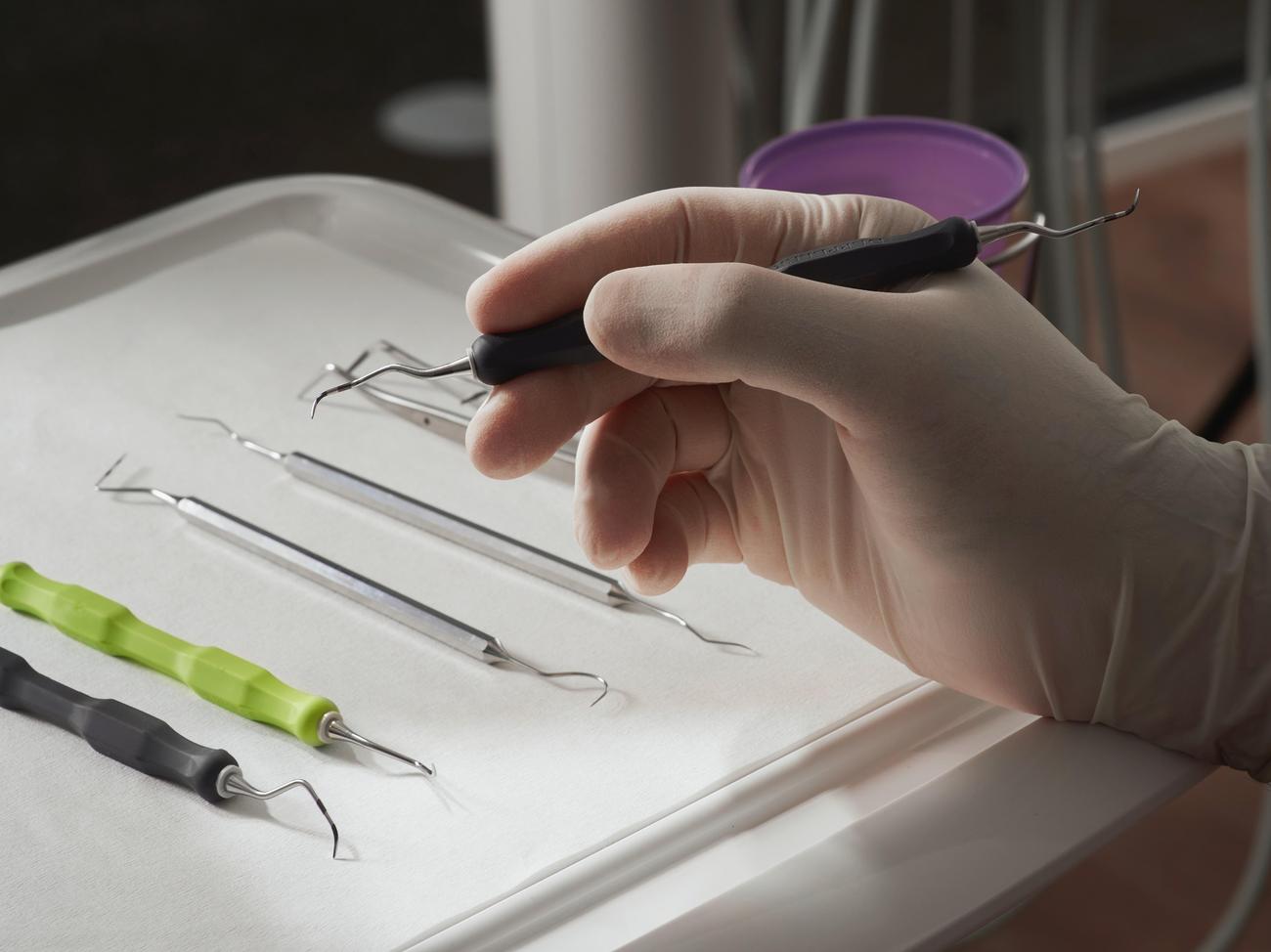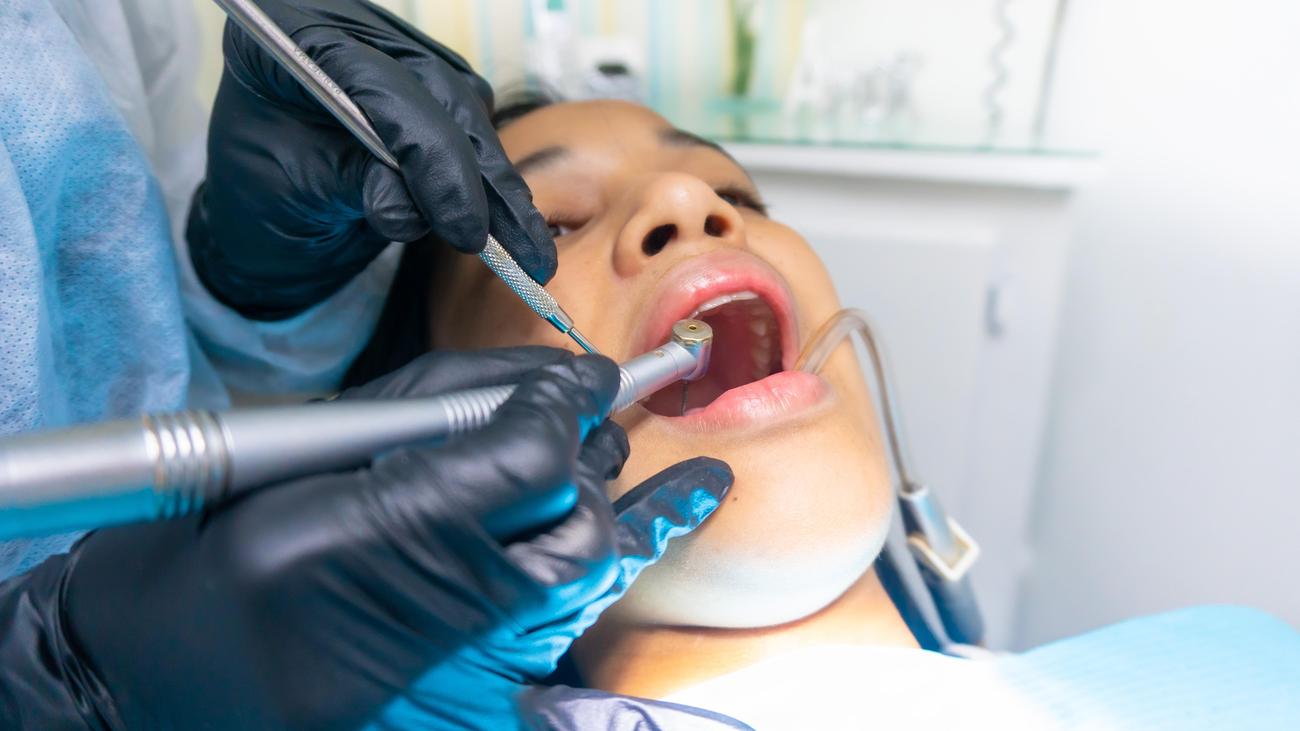Are you ready to embark on a fascinating journey through time? In this article, we will delve into the captivating world of orthodontic treatments and explore its remarkable evolution throughout history. From ancient civilizations to modern techniques, we will unravel the mysteries and advancements that have shaped the field of orthodontics. So, fasten your seatbelts and get ready to explore the rich historical tapestry of orthodontic treatments that has helped countless people achieve beautiful smiles. Get ready to witness the astonishing transformation that orthodontics has undergone over the centuries!

Orthodontic treatments history
Welcome to a fascinating journey through the history of orthodontic treatments! From ancient civilizations to modern advancements, the evolution of orthodontics is a testament to human ingenuity and the pursuit of a perfect smile. Join me as we uncover the significant milestones and influential figures that have shaped orthodontics into the science we know today.
Ancient civilizations, such as the Etruscans, were already concerned with dental health and sought ways to prevent dental problems. They developed appliances made from various materials to correct misalignments and maintain oral health. These early attempts laid the foundation for the development of orthodontic techniques in the centuries to come.
Fast forward to the 18th century, and we find ourselves in France, where Pierre Fauchard, a renowned surgeon-dentist, published “The Surgeon’s Dentist”, a groundbreaking book that revolutionized the field. Fauchard introduced the concept of using a device called a bandeau to align teeth, essentially acting as a primitive form of braces.
Quote: “Pierre Fauchard’s book, ‘The Surgeon’s Dentist’, marked a turning point in orthodontics, introducing the idea of using devices to straighten teeth.”
The 19th and 20th centuries saw significant advancements in orthodontic treatments. Norman William Kingsley and Edward Angle, two influential figures in the field, developed systems for classifying and treating malocclusions. Kingsley’s contributions included instrumentation for reshaping dental arches, while Angle’s work focused on the development of a standardized system for diagnosing and correcting dental irregularities.
Quote: “Norman William Kingsley and Edward Angle played pivotal roles in advancing orthodontic treatments, laying the groundwork for modern diagnostic and corrective procedures.”
In the mid-1800s, orthodontics emerged as a distinct discipline within dentistry. This marked the beginning of a dedicated focus on teeth alignment and malocclusion correction. As the field continued to evolve, the first orthodontics school was founded in 1901, solidifying the importance of specialized education in this area.
Quote: “The establishment of the first orthodontics school in 1901 marked a significant milestone in the professionalization of orthodontic treatments.”
Edward Angle, often referred to as the “father” of modern orthodontics, made substantial contributions that shaped the field. He developed the first orthodontic classification system, known as the Angle Classification System, which classified malocclusions into different categories based on the position of the upper and lower jaws.
Quote: “Edward Angle’s pioneering work in developing the Angle Classification System provided a standardized framework for diagnosing and treating malocclusions, becoming the foundation of modern orthodontics.”
Advancements in orthodontic technology continued into the 20th century, with the introduction of lingual braces in the 1970s. Unlike traditional braces that are bonded to the front surface of the teeth, lingual braces are attached to the back surface, making them virtually invisible. This innovation provided a more aesthetically pleasing option for those seeking orthodontic treatment.
Quote: “The introduction of lingual braces in the 1970s revolutionized orthodontic treatments, offering a discreet alternative to traditional braces.”
Today, an array of orthodontic appliances and technologies are available to correct misaligned teeth. From traditional braces to clear aligners, orthodontic treatment options have expanded to cater to different needs and preferences. The field continues to evolve, with ongoing research and advancements aimed at improving treatment outcomes and enhancing patient experience.
Quote: “Modern orthodontics offers a diverse range of treatment options, ensuring personalized solutions for individuals seeking to achieve a confident and harmonious smile.”
In conclusion, exploring the history of orthodontic treatments takes us on a journey through time, where ancient practices and brilliant minds have shaped the discipline into what it is today. From the early philosophies of ancient philosophers to the pioneering work of Fauchard, Kingsley, Angle, and beyond, orthodontics has come a long way. Embracing its ever-growing evolution, orthodontics continues to transform smiles and lives, blending science, artistry, and ingenuity.
Quote: “Orthodontic treatments have come a long way, embracing innovation and advancements, with a commitment to creating beautiful smiles and improving overall oral health.”
Orthopedic fun facts are a fascinating subject for anyone interested in the behind-the-scenes workings of the human body. Did you know that the first recorded case of orthopedic surgery dates all the way back to Ancient Egypt? It’s true! Orthopedics has come a long way since then, and today, we have a wealth of knowledge and innovative techniques to help treat a range of musculoskeletal conditions. For an in-depth dive into the world of orthopedics, check out our collection of interesting facts and tidbits at Orthopedic fun facts. Discover the surprising history, technological advancements, and amazing breakthroughs that have shaped the field of orthopedics. Don’t miss out on uncovering the secrets of this captivating branch of medicine!

FAQ
Q: What is orthodontics?
A: Orthodontics is a field of dentistry that focuses on straightening teeth and correcting malocclusions (the misalignment of teeth).
Q: How far back does the history of orthodontics go?
A: The history of orthodontics dates back to ancient times, with philosophers like Aristotle and Hippocrates thinking of ideas for aligning teeth.
Q: What were some ancient orthodontic treatments?
A: During ancient times, the Etruscans used appliances to prevent dental problems, and materials like catgut, made from animal intestines, were used for shifting teeth.
Q: When did modern orthodontics emerge?
A: The modern science of orthodontics emerged in the 18th century in France, with the publication of Pierre Fauchard’s book “The Surgeon’s Dentist.”
Q: Who are some influential figures in the history of orthodontics?
A: In the 19th and 20th centuries, Norman William Kingsley and Edward Angle were influential contributors who developed systems for classifying and treating malocclusions. Edward Angle is considered the “father” of modern orthodontics.
- Photocell Sensors: A Complete Guide for Selection and Implementation - April 2, 2025
- Discover Famous French Women: A History of Impact - April 2, 2025
- 2025 World Map: Unveiling Geopolitical Shifts & Risks - April 2, 2025
















